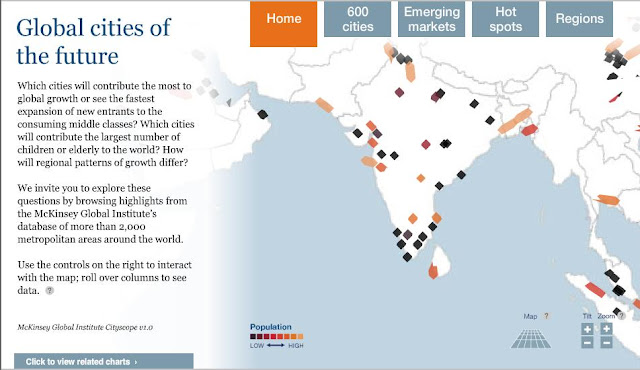FDI policy for infra development
-------------------------------------------------------------------------------------------------
Govt to further liberalise FDI policy: Pranab
Finance Minister Pranab Mukherjee on Friday said the government is considering further liberalisation of foreign direct investments (FDI) policy for meeting the ambitious $1 trillion fund requirement in the next five years for infrastructure development.
"Discussions are underway to also liberalise the FDI policy," Mukherjee said. The move comes in the backdrop of a slowdown in the FDI and its impact on the current account deficit.
The FDI during April-December this fiscal declined by 23 per cent to $16 billion from $20.8 billion in the same period last year.
The current account deficit (CAD) has been projected at 3.5 per cent of the GDP for the fiscal 2010-11. The country's CAD, representing the difference in inflows and outflows of foreign exchange, barring capital movements, stood at 2.9 per cent of the GDP last fiscal.
Mukherjee further said that the sustainability of growth momentum of the country in medium term depends critically on quality and pace of infrastructure development.
The infrastructure sector requires an investment of a whopping $1 trillion in the 12th Plan, beginning year 2012-17.
Mukherjee said the 8 per cent growth rate achieved by the economy during 2009-10 came on the back of stimulus provided by the goverment to tide over the financial slowdown.
India's GDP is expected to expand by 8.6 per cent in 2010-11.
"This growth...vindicates the expansionary fiscal and monetary policy stance adopted during and after the economic slowdown in the sector half of 2008. The economy is thus back to its pre-crisis growth momentum," he said.
Mukherjee also said that the rising commodity prices and volatility in capital flows is a source of worry. Also, political unrest in the Middle East and North Africa (MENA) region has pushed global crude prices to $116 a barrel, its highest since 2008.
Even the World Bank has expressed serious concerns over food prices rising to "dangerous levels" globally and said food inflation has pushed 44 million people in developing countries into extreme poverty since June last year.
"The major emerging market economies are experiencing robust growth, though volatility in capital inflows and inflation, including from the hardening of global commodity prices, is a source of worry," Mukherjee said.



Comments
Post a Comment
If you have any doubts, please let me know